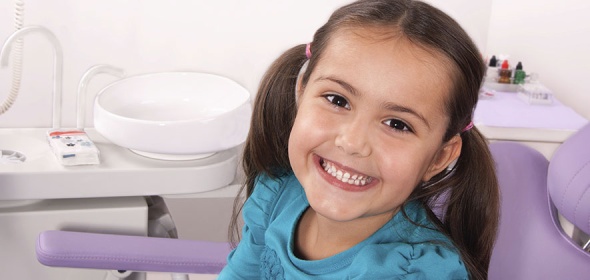Dental caries, and its resulting cavities, is the most common disease of childhood, causing significant costs to individuals and society. Disparities in oral health status, access to services, and utilization of dental care for the Medicaid-enrolled pediatric population have been well documented and are persistent. Understanding the dental care system’s role in creating or mitigating disparities or improving oral health has been limited to simplistic access metrics (e.g., annual dental visit) and procedures billed (e.g., dental treatment), which only allow general comparisons heavily confounded by quality of care and insurance benefits. We know little about how caries risk status, diagnoses, preventive therapies, and interventions are linked to oral health in specific individuals and in disparity populations over time.
To fill some of these gaps in knowledge, this project will evaluate a clinical, evidence-based approach to pediatric oral health care on its capacity to reduce socioeconomic oral health disparities in untreated caries and new caries incidence over time. This approach was implemented at the Willamette Dental Group, a dental accountable care organization serving both commercially insured and Medicaid patients, as part of their caries prevention program. The program is built into a system that includes a standardized model of diagnosis-driven, risk-based, clinical-decision-supported care documented in an electronic health record (EHR).
This study leverages sophisticated dental informatics allowing us to use big data (EHR records) to measure and comparatively examine untreated caries and new caries incidence over time in the context of real-world clinical care. Additionally, using Oregon Medicaid claims data, we can assess the delivery system impact; utilizing national cost data, we can model cost-effectiveness and sustainability; and using interviews, we can identify impactful patient-centered care considerations that can potentially predict the success of the program – all critical information to inform future translation and implementation efforts. The expected outcomes of this 5-year research grant (R01) will provide the empirical foundation to develop strategies to reduce oral health disparities through evidence-based dental system redesign in the era of health care reform and accountability.
The multidisciplinary research team has researchers joining from the Skourtes Institute, Willamette Dental Group, Harvard University, The University of Texas Health Science Center at Houston, and Oregon Health & Science University.
National Institute of Dental and Craniofacial Research (NIDCR)
For more information please contact Elizabeth Mertz
